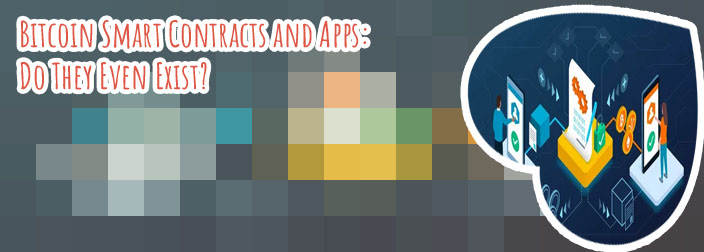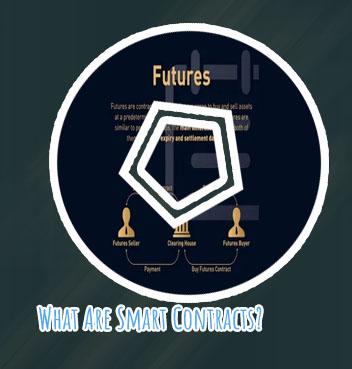
Bitcoin smart contracts
Objectivity and the Limits of Incorporating Desired Ambiguity Into Smart Contracts
To put it simply, smart contracts are electronic contracts that take automated action when certain criteria are met. The main distinction between them and regular contracts is that they are encoded and kept on a blockchain. Smart contracts on bitcoin The vast majority of smart contracts are programmed using the Solidity language on the Ethereum platform. On Ethereum, submitting a smart contract requires a small fee, called Gas. Programmers pay this fee to the network to supply the computing power needed to run the smart contract’s code. Some Ethereum users, called miners, dedicate processing power to validating smart contracts. In return, miners receive Ethereum tokens, called ether, as payment. The amount of Gas that a smart contract requires depends on its complexity and the network’s current ratio of miners to smart contract requests.

Bitcoin smart contracts
Smart contracts can reduce costly errors. The ability for these contracts to automate workflows and sharpen calculations helps in reducing work hours as well. What are decentralized apps? We deployed @Uniswap smart contracts on @Bitcoin this week.→ https://t.co/5tTmKld8M0Now you can:✅ Swap Smart BRC-20 tokens✅ Provide liquidity & earn a 2% fee✅ Issue your Smart BRC-20How is it going after 3 days?* $500K trade volume* 2K trades* 500 users👇🧵 pic.twitter.com/JedGHpsEZ6Benefits of Bitcoin Smart Contracts
Smart contracts technically can run on almost any digital platform, but they typically run on blockchain, which is a type of distributed ledger technology. Smart contracts are one of the most popular blockchain use cases, and for many, the term smart contract connotes smart contracts on blockchain. Digital identity A smart contract relies upon correct details supplied to the developer and relies on the good faith between the parties involved to trust the smart contract was coded correctly. An unexpected loophole could occur if the contract fails to reflect the explicit agreement between the two parties. This is one of the reasons that smart contract audits are important.
